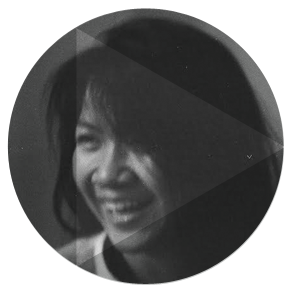
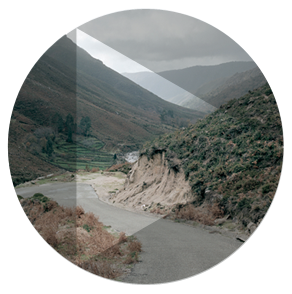
Exhibitions
Festa . João Gigante
Exhibition produced by FILMES DO HOMEM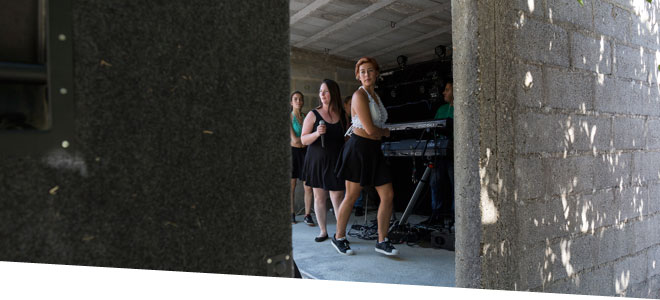
"FESTA" is a photographic work that travels chronologically through a year of traditional festivities in Castro Laboreiro. This project unmarks an interpretation about the experience of the place, the cult of meeting and sharing, a social "dance" between nostalgia and distance.
In Castro Laboreiro we perceive that the bordering territory describes itself as being special, its characteristics accumulate a history of many years of travels and communion among a population that comes and goes by seasons. There also inhabit people who build a way of being that emphasizes the social structure of this very same place. Castro exists because of its people, its future memory depends on a series of experiences that define the castrejo, the festival is an apogee of interrelations, a living place.
The photographic work is a visual research across this territory and the people who inhabit it and celebrate the existence of the place. Besides the liturgical event, there exists the continuity of a history and festive memory.
One year of field work that reports by a collection of images, in a series of relations and approaches to the territory and the people of Castro Laboreiro.
- Date: 01 / 31 August 2017
- Location: Casa da Cultura de Melgaço
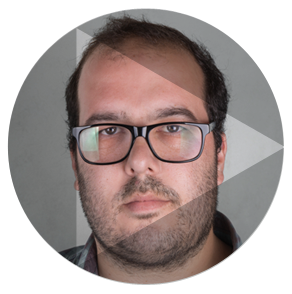
The Golden Age Of Polish Film Posters
Exhibition commissioned by Bernard Despomadères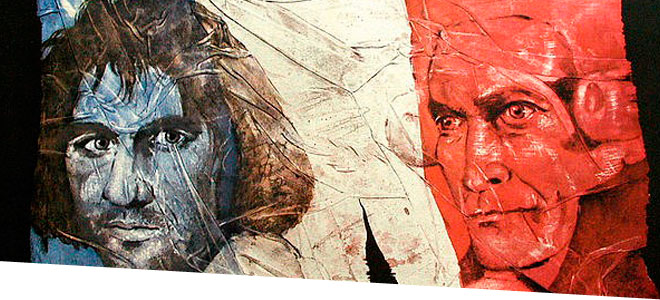
The art of the poster is an integral part of the cultural history of Poland.
After the Second World War and the establishment of the socialist regime in the country, that so-called street art that is the poster, thanks to an unquestionable aesthetic quality and diversity of styles, gave rise to a real "school" of great renown that has influenced creators beyond the borders, from Japan, France or Cuba.
That "school", born in the midst of propaganda and orders from the State, was first characterized by a political and social character. However, creators were quick to break away from the constraints imposed by investing in other fields, such as culture, with creations for the opera, concerts, exhibitions or cinema, the latter occupying a privileged place.
The regime's rejection of Western commercial values allowed artists to express themselves outside the purely advertising requirements. The artists also benefited, paradoxically, from a great creative freedom, reducing to the bare minimum the textual indications of the film, conserving only a metaphorical image or provoking the emotion, whilst appealing to every one’s imagination.
Today a large number of these posters, considered as works of art, have entered the museums. Throughout his life as a passionate cinephile Jean-Loup Passek patiently gathered several hundred that constitute one of the treasures of the Melgaço Museum of Cinema.
It is, evidently, a tiny part of this collection that we present at this exhibition, with a selection of original posters signed by great Polish designers and, in a reduced format, reproductions of posters for the theater, music and others of a political and social nature.
- Date: 06 August / 15 July 2018
- Location: Museu de Cinema de Melgaço – Jean Loup Passek
Encounter . Diogo Marques Santos
Work undertaken in the FRONTAL SHOT 2016 Photographic Residence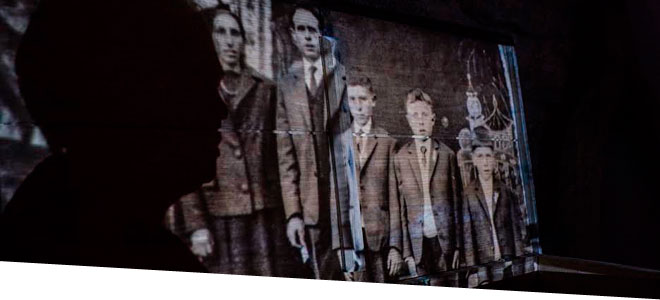
Memory and nostalgia are present in every inhabitant of the Village of Castro Laboreiro. There are many stories that intersect and are remembered, ranging from contraband to transhumance, from school days to times of immigration. It is from this nostalgia that stories are told of families that have grown and gone to other lands.
From the Private Photographic Archive of each family the bridge between past and present creates an emotionally strong connection; at a time when the village is increasingly suffering from abandonment of the place and loneliness tends to take more and more the place of the once living energy.
"Encounter" focuses on the issue of Family Memory starting from private photographic archives of the families of each person photographed, revealing times long gone and establishing a photographically recorded link from them.
After a selection of photographs given from each family, each image is projected onto a wall and people stand before the image of their relatives where they will be photographed together later on, establishing a bridge between two temporal spaces (past and present) through a fraction of time that records the image, the photographic act.
In the ambit of artistic residency "Frontal Shot" within the FILMES DO HOMEM 2016 festival, this photographic project was carried out based on the proposed theme of Family, in the village of Castro Laboreiro.
"Encounter" aims to establish an emotional connection through the image between the Family Archive, Family and the Spectator.
- Date: 01 / 31 August 2017
- Location: Praça da República, nº. 125
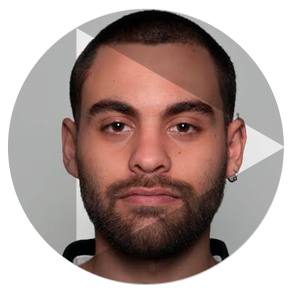
Daily Bread . Venice Atienza
Work undertaken in the FRONTAL SHOT 2016 Photographic Residence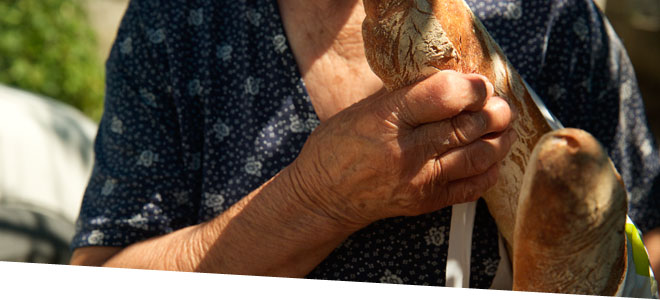
Every week, in Melgaço, a white van travels across different villages to deliver bread. These villages are separated by high mountains and winding roads. It is through this weekly work ritual that we meet, albeit short and brief, different people from these different places.
Venice Atienza- Date: 01 / 31 August 2017
- Location: Casa da Cultura de Melgaço
